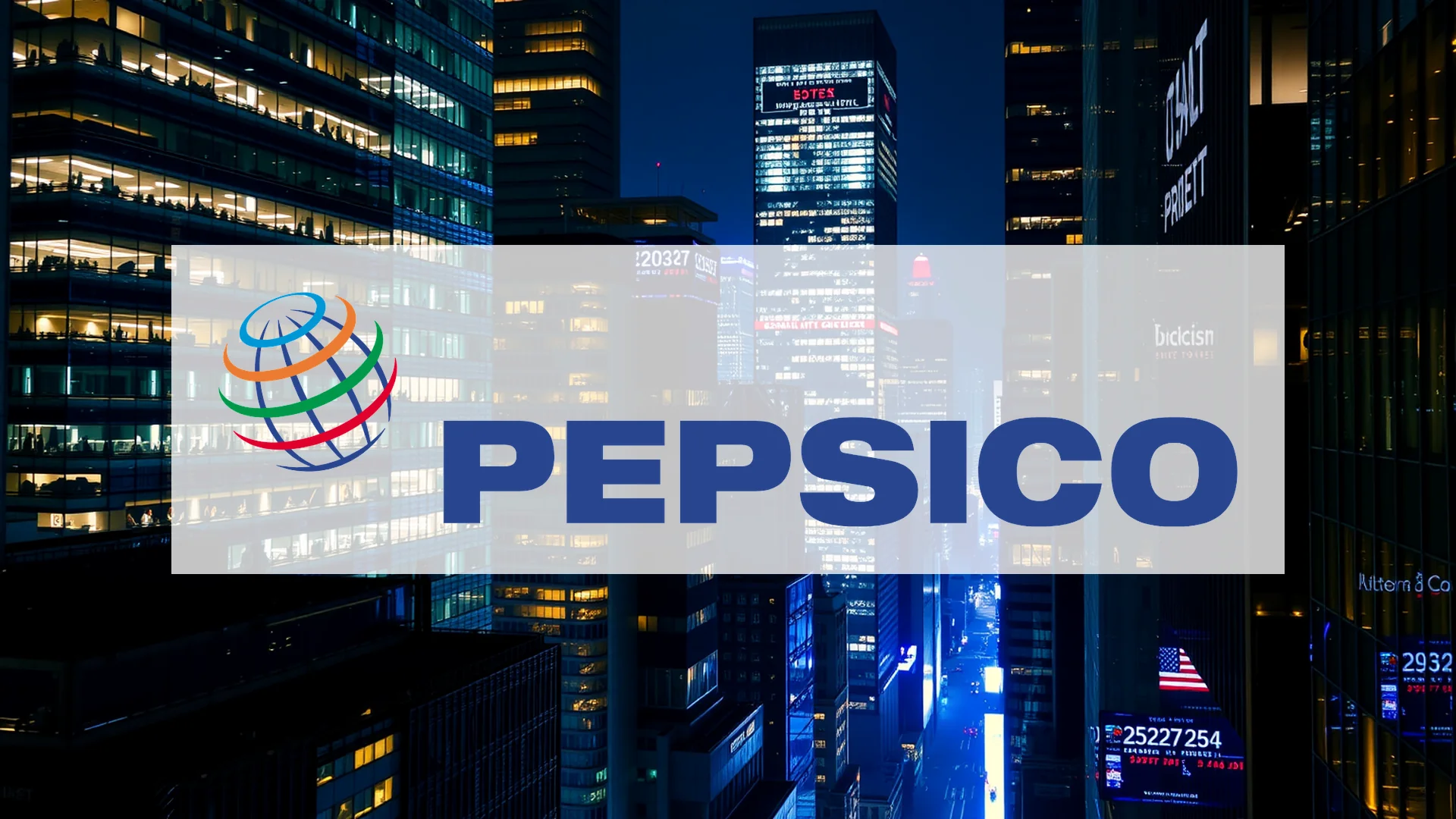PepsiCo finds itself navigating a critical transformation phase as new financial leadership takes charge while the company implements significant operational changes. The consumer goods giant is shuttering key manufacturing facilities, signaling a comprehensive restructuring effort to address performance challenges in its core snack divisions.
Leadership Shift and Operational Consolidation
The company announced two major developments this week that underscore its changing direction. Steve Schmitt, previously Chief Financial Officer at Walmart USA, has officially assumed the role of CFO at PepsiCo. Simultaneously, approximately 500 Florida-based employees face job losses as the corporation closes two Frito-Lay production plants and an associated warehouse facility.
These strategic moves respond directly to concerning performance metrics. PepsiCo’s North American snack business has been struggling, reporting a 2 percent decline in both revenue and sales volume.
Technological Transformation and Consumer Adaptation
As traditional operations scale back, PepsiCo is accelerating its digital initiatives. The company is deepening its focus on artificial intelligence and digital infrastructure through collaborations with technology leaders Amazon Web Services and Salesforce. This technological push aims to enhance operational efficiency through data-driven forecasting and targeted marketing approaches.
Should investors sell immediately? Or is it worth buying Pepsi?
Concurrently, the corporation is addressing shifting consumer preferences by reformulating products toward healthier options. These changes include reducing additive content and implementing improved oil formulations across product lines.
Financial Pressures and Market Performance
The incoming CFO faces substantial challenges in balancing competing priorities. Schmitt must navigate between implementing aggressive cost-reduction measures and maintaining essential investments in growth areas. His extensive retail background from Walmart may provide valuable insight into evolving consumer patterns and market dynamics.
Market sentiment reflects these operational headwinds. PepsiCo shares have declined more than 15 percent since the beginning of the year, trading significantly below their 52-week peak. Investors will need to wait until the February 2026 quarterly report for initial indications of whether these strategic adjustments can catalyze a sustained recovery. Until then, the company must carefully manage the tension between fiscal discipline and innovation requirements.
Ad
Pepsi Stock: Buy or Sell?! New Pepsi Analysis from February 7 delivers the answer:
The latest Pepsi figures speak for themselves: Urgent action needed for Pepsi investors. Is it worth buying or should you sell? Find out what to do now in the current free analysis from February 7.
Pepsi: Buy or sell? Read more here...










